The World Wide Fund for Nature (WWF) is seeking a
consultant to carry out feasibility studies and workshops
to strengthen the enabling conditions for co-management
models in Cameroon and support the development of a
co-management system for Lobeke National Park.
About WWF
World Wide Fund for Nature (WWF) is an international non-governmental organization founded in 1961 which works in the field of nature protection. Its mission is to conserve nature and reduce the most pressing threats to the diversity of life on Earth. Our vision is to build a future in which people live in harmony with nature. Thus, it seeks to: save the planet by balancing the needs of human beings with those of other species that share the Earth, practice human conservation in the broadest sense, and instil in people, everywhere, a quiet respect, but not concealed, of nature and to balance that respect with a deep belief in human possibilities, inspiring others who can further the cause of conservation.
Background:
For the last two decades, WWF has been very active in the conservation of the rich and unique biodiversity of the forests of the Congo Basin, contributing to the protection of valuable habitats, including forests, wildlife as well as promoting sustainable development of local communities and indigenous peoples, following a participatory process and engaging multiple stakeholders, including the private sector. The design of the GEF7 Child Project for Cameroon “Integrated management of Cameroon’s forest landscapes in the Congo Basin” included an opportunity to use Lobeke national park as a new model for protected area management in Cameroon.
The GEF project is therefore, supporting an ongoing strategic thinking process on models for co-management of protected areas in Cameroon, building on the COMIFAC best practices for Public Private Partnership (PPP) models for co-management in Central Africa, the simplified manual for Public Private Partnership to benefit protected areas (2019-2035) developed by MINFOF, and the experiences of other protected areas within Cameroon and across the region that are successfully applying co-management frameworks. Specifically, feasibility studies and workshops will be organized to strengthen the enabling conditions for comanagement models in Cameroon and to support the development of a co-management system for Lobeke National Park.
Justification:
The management of Lobeke National Park is being ensured by the government (MINFOF) with technical and financial assistance from WWF. This system is gradually moving towards a co-management model with some aspects of strategic governance and operational management shared with WWF. The general principles of cooperation are defined in an umbrella Memorandum of Understanding (MoU) between the Ministry of The World Wide Fund for Nature (WWF) is seeking a
consultant to carry out feasibility studies and workshops to strengthen the enabling conditions for co-management models in Cameroon and support the development of a co-management system for Lobeke National Park.
2 Forestry and Wildlife (MINFOF) and WWF which was signed in 2006 and renewed in 2021. The specific 3-year MoU between MINFOF and WWF, signed in 2018, specified the creation of a management unit (MU) under which WWF assists the MINFOF park Conservator. The MoU is supervised by a management committee – that has so far not been operational.
This consultancy is aimed at putting in place a system that will bring together all stakelholders from National and international conservation organizations including MINFOF from the national level and park conservator, as well as other key sectorial administrations, such as the Ministry of Tourism, Ministry of land planning and economy, etc. …to deliberate the current Lobeke National Park governance system and the need to seek management and governance systems that will ensure that Lobeke’s rich biodiversity and resident human populations of Indigenous Peoples and Local Communities are protected and their livelihoods enhanced respectively, sustainably and inclusively.
Objectives:
The objective of this activity is to review and adapt the governance model of Lobeke National Park (LNP) and its periphery to ensure its management effectiveness. The achievement of this objective will be done through the following:
- Identification and evaluation of the governance models for protected areas that can improve the
management effectiveness of National Parks in Cameroon in general, and Lobeke National Park
(LNP) in particular and discuss these with key actors. - Identification and evaluation of the enabling conditions for the implementation of the key components of the selected governance model for LNP.
- Development of a road map for the pilot implementation of the selected model.
Expected results and indicator:
1 Expected results Indicators (max three/result) The governance model for protected areas that can
improve the management effectiveness of NPs in Cameroon in general, and LNP in particular, is described, evaluated and discussed with key Stakeholders:
- Feasibility study reports on PA governance
models in the specific context of Cameroon
taking into account existing studies and
tools; - Selected governance model for LNP;
- workshop reports including comprehensive
Stakeholders Analysis
2 Enabling conditions for the implementation of the selected governance model for LNP is agreed upon with key stakeholders: - List and analysis of enabling conditions for the implementation of the selected governance model.
3 Road map for the implementation of the selected model developed and agreed upon with key stakeholders; including pre-conditions for agreement and modus operandi of conditional implementation (including representatives of key Ministries, Local Authorities, Elected Officials, IP and LCs, etc., … see suggestions in the methodology: - Adopted road map for the implementation
of the selected governance model.
Methodology:
Assessment of different governance models for PAs and other macro zone units of the permanent forest estate, taking into consideration the legislative and regulatory framework in Cameroon and the Congo basin context to identify the suitable model for LNP.
The consultant will conduct a feasibility field study to review the current governance system in Lobeke and make recommendations for a better governance system. This study will consolidate existing data on governance models for protected areas and other macro zones units in permanent forest estates in Cameroon, in Congo Basin and Africa in general; it will also consider World Bank collaborative management partnership tool- (https://www.worldbank.org/en/programs/global wildlifeprogram/publication/collaborative-management-partnership-toolkit)
This will be followed by an analysis of the advantages and disadvantages of the different existing models, taking into consideration the legislative and regulatory framework in Cameroon to identify the governance models (including co-management models) that are best able to improve the management effectiveness of National Parks in Cameroon and particularly the Lobeke National Park.
The legislative framework in Cameroon to be considered during the assessment include amongst others the 1994 Forestry and Wildlife Law (with its updated draft under the process of approval), the legal framework governing partnership (https://www.ppp-cameroun.cm/download/cadre-juridique-des-ppp-au-camerounfr/), etc. This analysis will also consider the result from previous evaluations of the management of LNP, including the Social Assessment for Protected Areas (SAPA) tools, the ASBABUK-MINFOF MoU and the recent WWF QAC-approved ESMF and its Mitigation Plan. It will also carry out a documentary review to consider what has been done so far in this domain elsewhere and capitalize on lessons learned.
National workshop to identify and strengthen the enabling conditions for the development/implementation of the appropriate co-management model for the LNP.
The results of the feasibility study will be used to support the organization of a national workshop to discuss these models and to identify and strengthen the enabling conditions for the development/implementation of an appropriate co-management model for the LNP. This workshop will bring together the representatives of key departments of the Ministry of Forestry and Wildlife, the Ministry of Economy and Planning, etc. Legislative Houses, the Prime Minister’s Office, international conservation organizations supporting protected area management in Cameroon, key stakeholders of the management of LNP, and eventually specialists from outside the country.
Advised Timeline:
Feasibility study and Consolidation of the report: 1 month
Governance model development and proposition: 1 month
Working relationship:
The consultant will work closely with WWF’s Senior Field Programme Coordinator (SFPC) and the Programme Manager (PM) for Lobeke National Park who will coordinate contacts and interactions with other WWF CCPOaffiliated personnel. Communication with the WWF shall occur every month at the least.
Qualifications
The consultant will be required to demonstrate the following:
At least 10 years of relevant professional experience with a track record in forest management and
governance
Excellent knowledge of all good models of governance in protected areas in central Africa;
An advanced degree in forestry or a related discipline, a terminal degree will be an advantage;
Excellent oral and written communications skills and interpersonal skills;
successful completion of similar feasibility assessments, earlier conducted;
Sufficient human and technical capacity to complete the feasibility studies within the set time frame
Proposals: any proposal to the current Terms of Reference should contain:
A description of the assessment team/individuals, including brief biographies of the team
members/individually and the nature of their intended contribution (max 2 pages);
The proposed methodology to perform the assignment (max 1 page);
Outline the work plan identifying key dates and deliverables (max 1 page).
An indicative budget broken down into the major activities identified in the ToR (max 1 page)
Selection process
Any proposal shall be submitted electronically to the following address no later than April 15th 2023: via email. recruit-cam@wwfcam.org . With the subject Lobeke NP & Periphery Governance Model Consultant
Selection criteria
Availability – Ability to conduct and complete the assessment by the deadline;
Previous experience undertaking similar types of assessment;
Budget – visibility and affordability;
Clarity of methodology and match to ToR;
References;
WWF is an equal opportunity employer committed to a diverse workforce
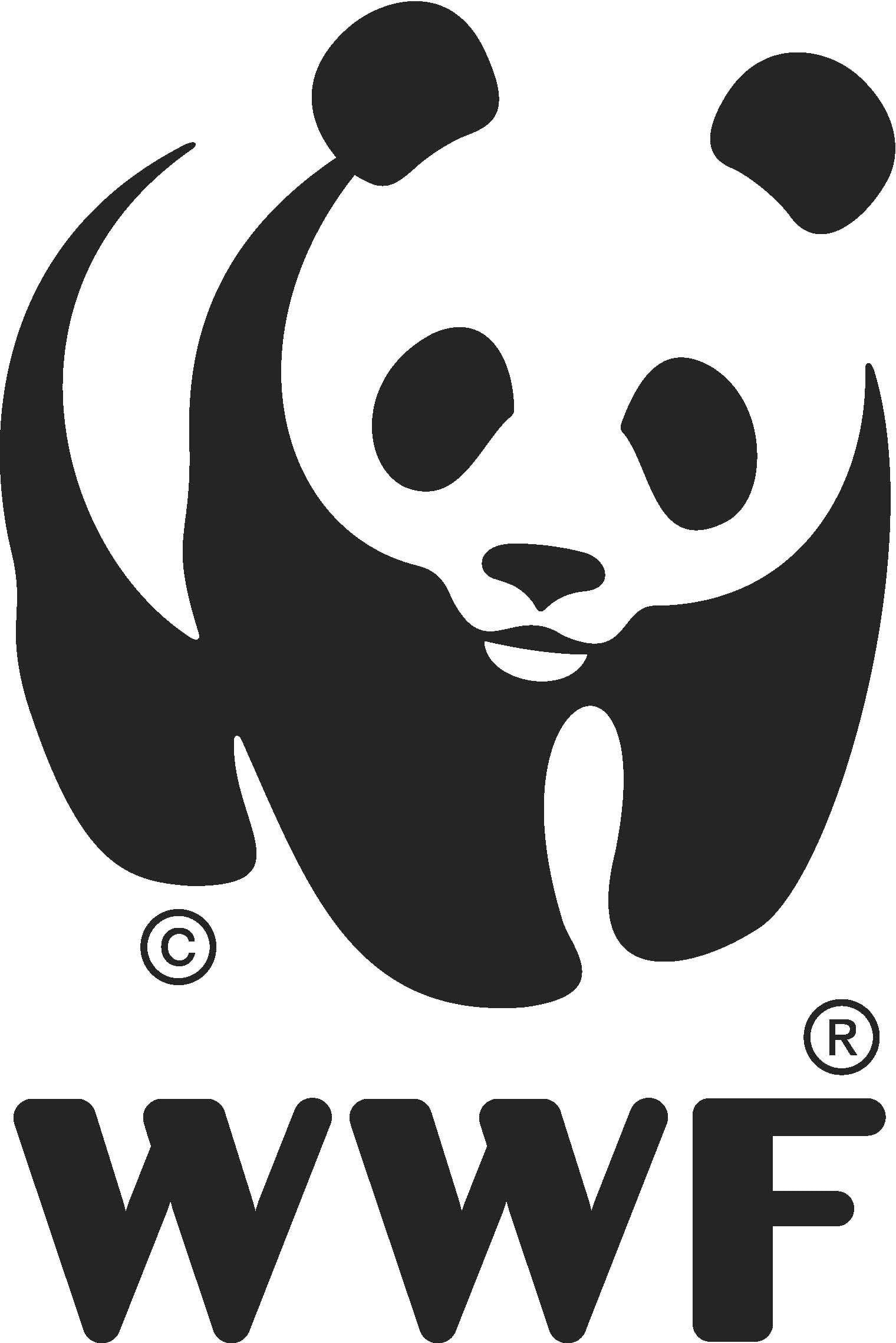
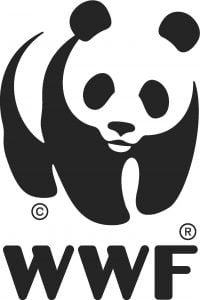
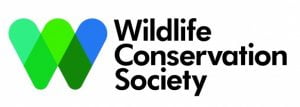
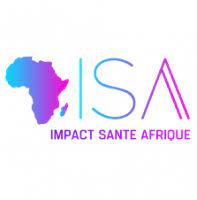


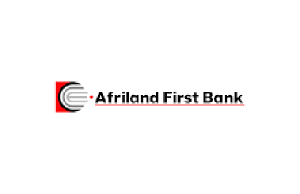

Be First to Comment